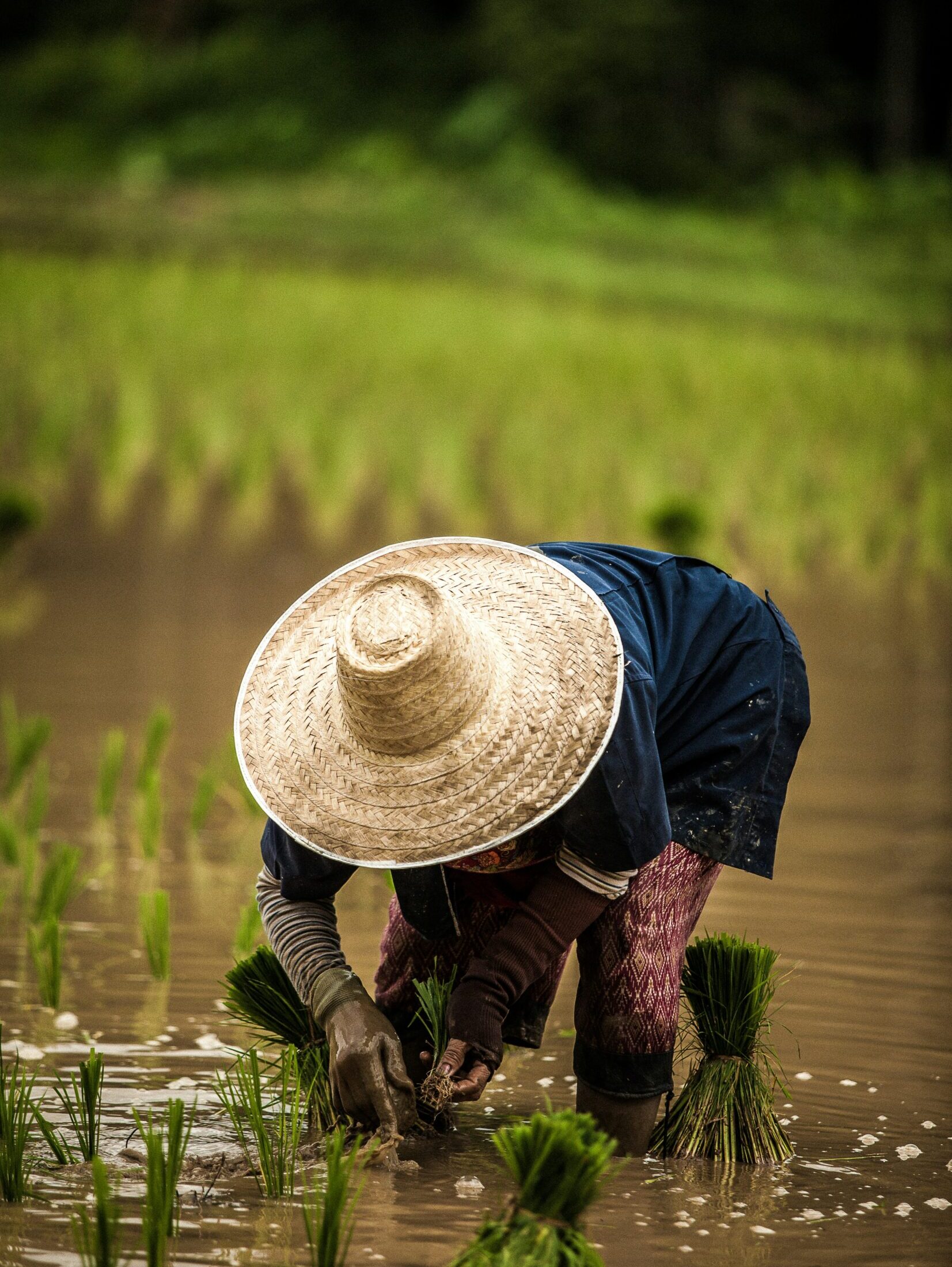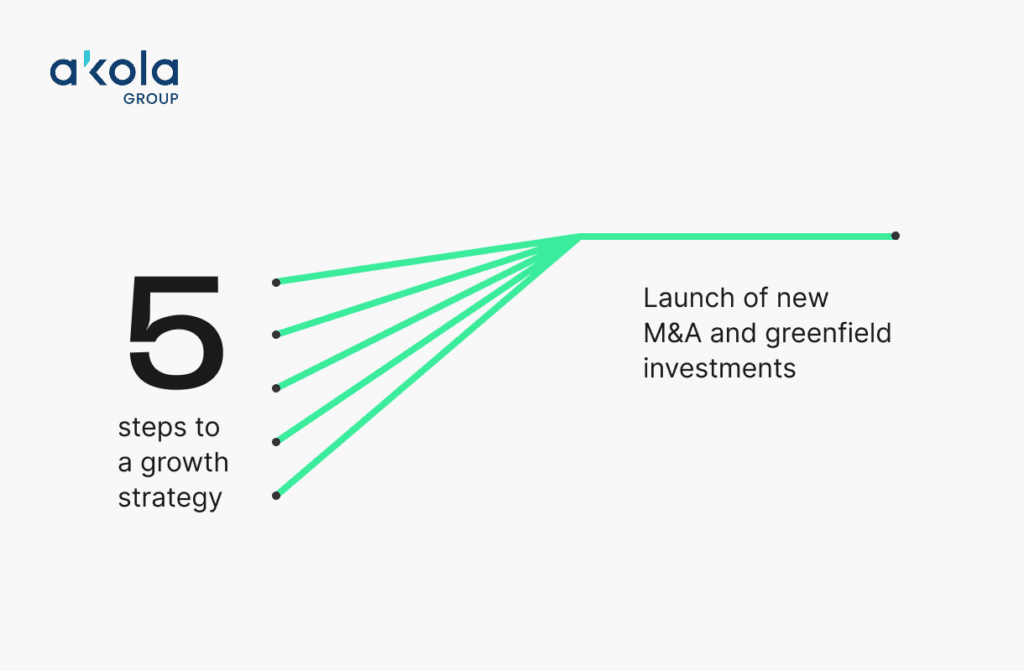Strengthening Armenia’s agricultural GHG reporting
Client
United Nations Development Programme (UNDP)Client overview:
The United Nations Development Programme (UNDP) is supporting the Government of Armenia in meeting its Paris Agreement commitments
This support is delivered through the development of a robust transparency framework for monitoring and reporting greenhouse gas (GHG) emissions and mitigation actions.
Challenge:
Armenia’s agriculture sector, comprising livestock and crop production — is the second-largest national emitter of GHGs, yet reliable, disaggregated data on agricultural emissions were lacking. Existing national inventories were based on incomplete or outdated activity data, particularly concerning manure management and soil emissions.
The key challenge was to generate accurate, country-specific emission factors and to strengthen national data systems to ensure alignment with international reporting standards. The work required extensive field surveys and close coordination with farmers, government institutions, and scientific experts under limited time and logistical constraints.


Our Approach:
The Civitta Armenia team designed and implemented a nationwide farm survey covering 118 stock growers and 105 horticulturists across all ten marzes of Armenia. The methodology combined quantitative and qualitative tools, including:
- Comprehensive questionnaires and field surveys among medium and large farms;
- In-depth interviews and focus group discussions with ministries, statistical agencies, and academia;
- Quality control of 55% of survey responses to ensure methodological rigor;
- Statistical analysis and development of Armenia-specific GHG emission factors for methane (CH₄) and nitrous oxide (N₂O).
Civitta’s team also developed practical recommendations for improving data collection and agricultural waste management practices, ensuring results directly informed national inventory systems and future policy design.

Results & Impact:
- Comprehensive agricultural GHG dataset created for Armenia, covering livestock, crop production, and manure management.
- Improved national emission factors for methane and nitrous oxide, reducing uncertainty in national GHG reporting.
- Identification of policy and knowledge gaps in manure management and agricultural bio-waste utilization.
- The study’s findings are now being used to support Armenia’s Biennial Transparency Reports (BTRs) and guide the Ministry of Environment’s planning for climate-smart agriculture interventions.
Key Takeaways:
- Impact: Civitta’s work enhanced Armenia’s national capacity to measure and report agricultural emissions with greater precision.
- Innovation: Combined quantitative data collection with qualitative stakeholder insights — an approach now recognized as a model for agricultural emissions assessments in small economies.
- Sustainability: The results underpin ongoing UNDP and government efforts to integrate evidence-based data collection into the National Statistical System and to train local institutions for continued GHG inventory improvement.



